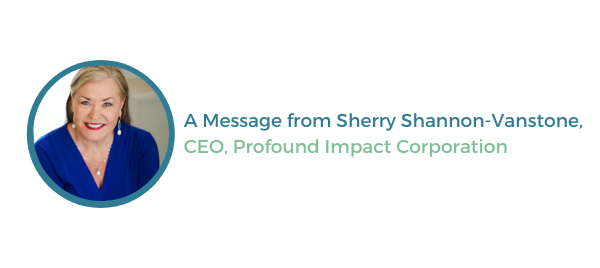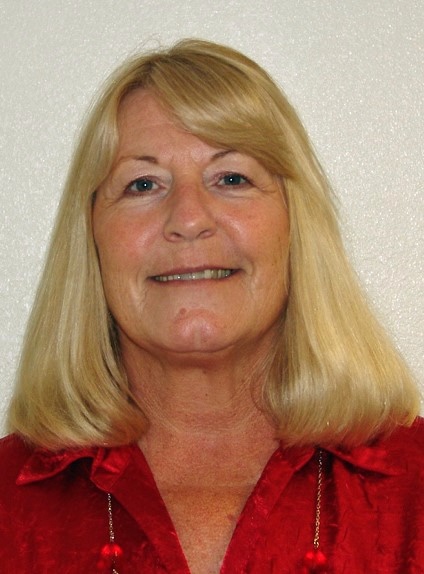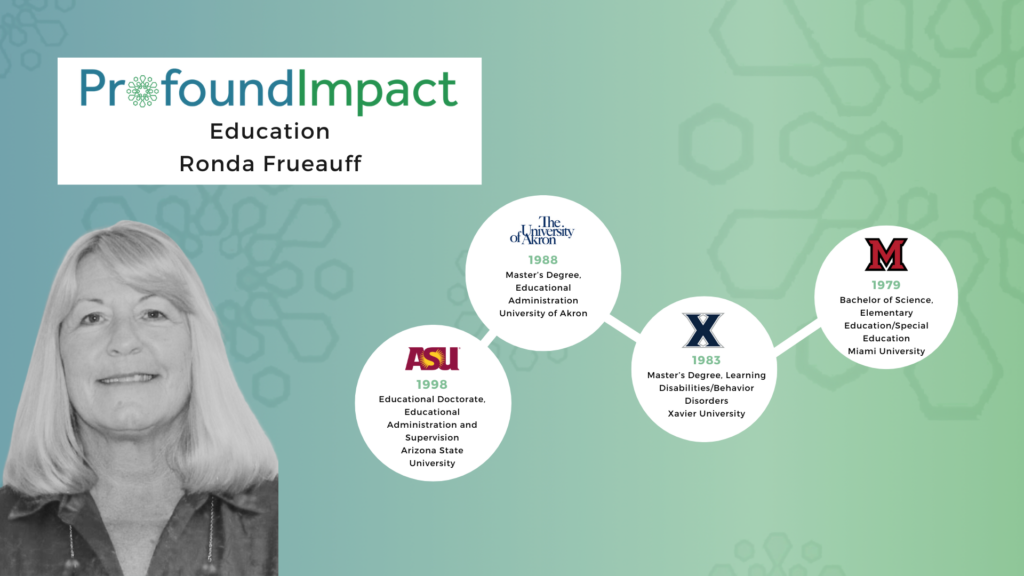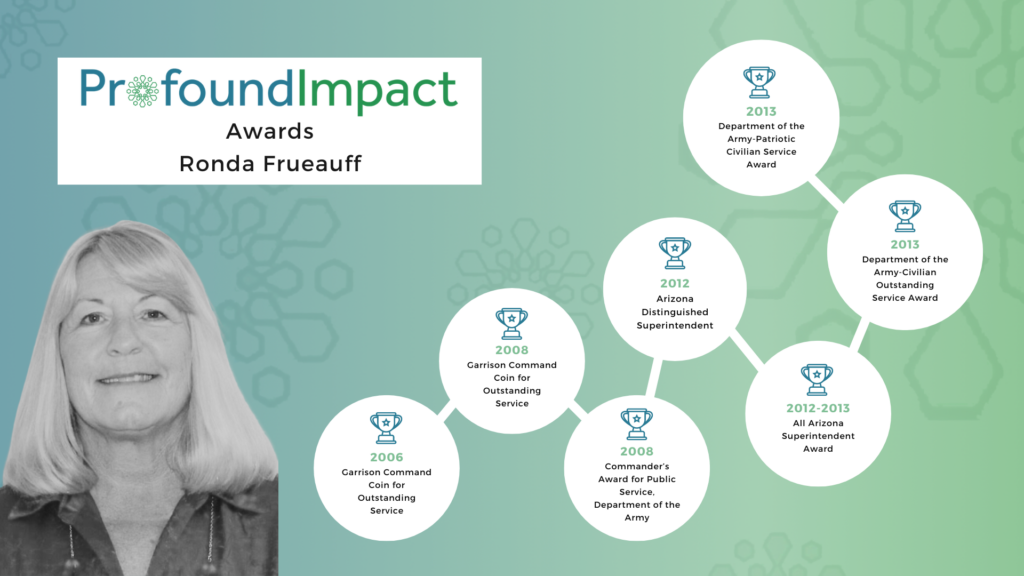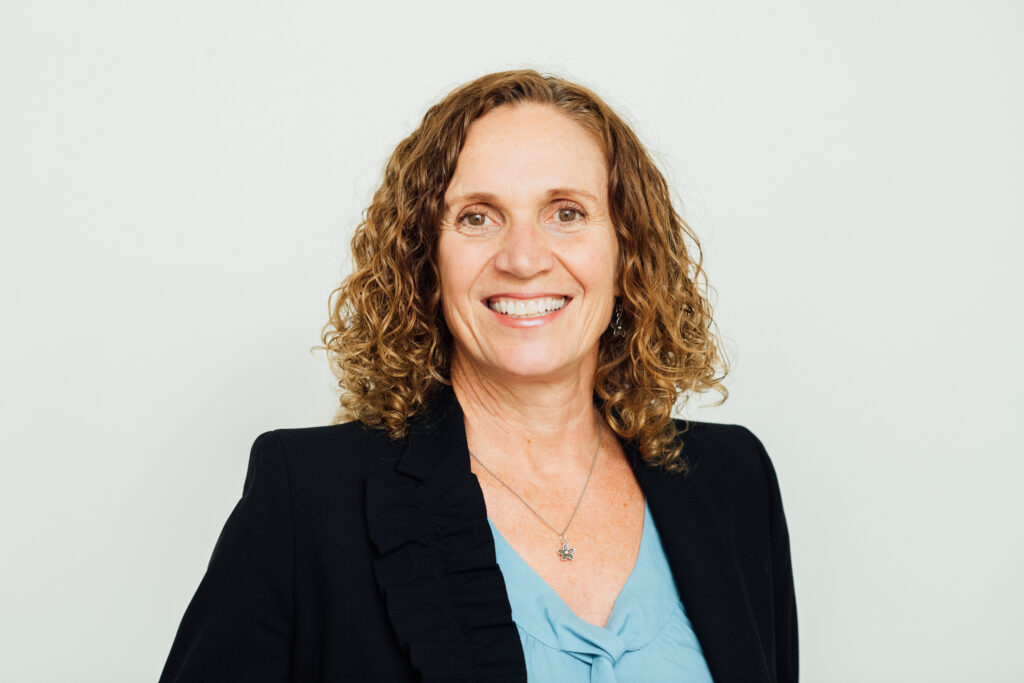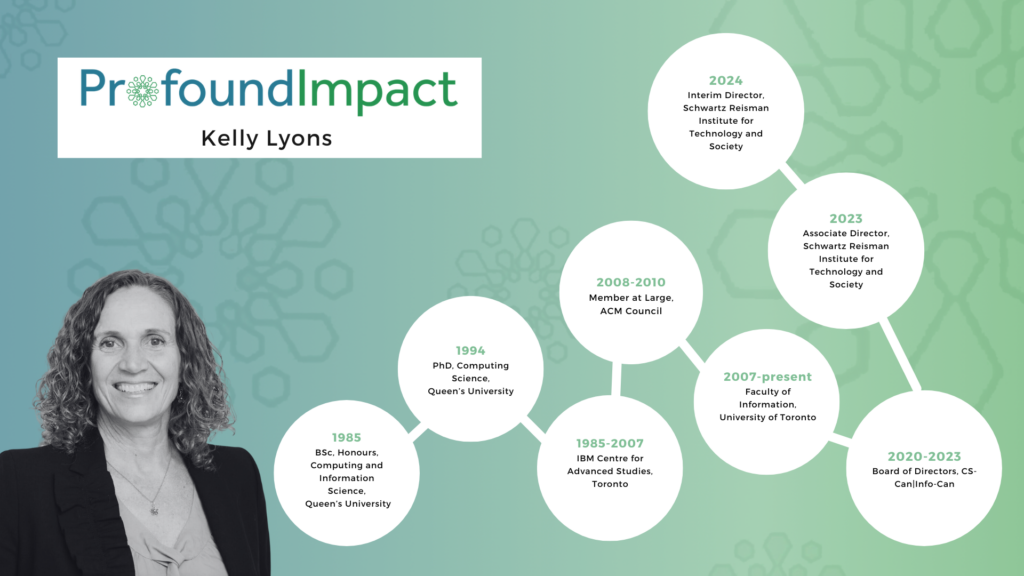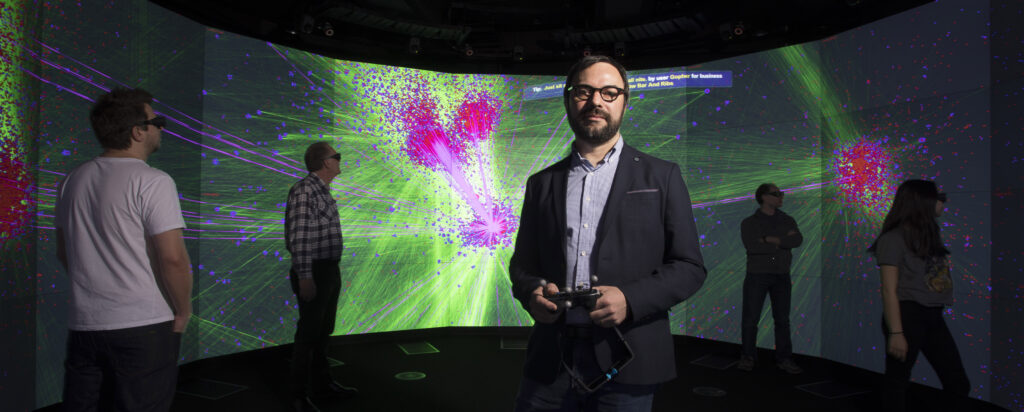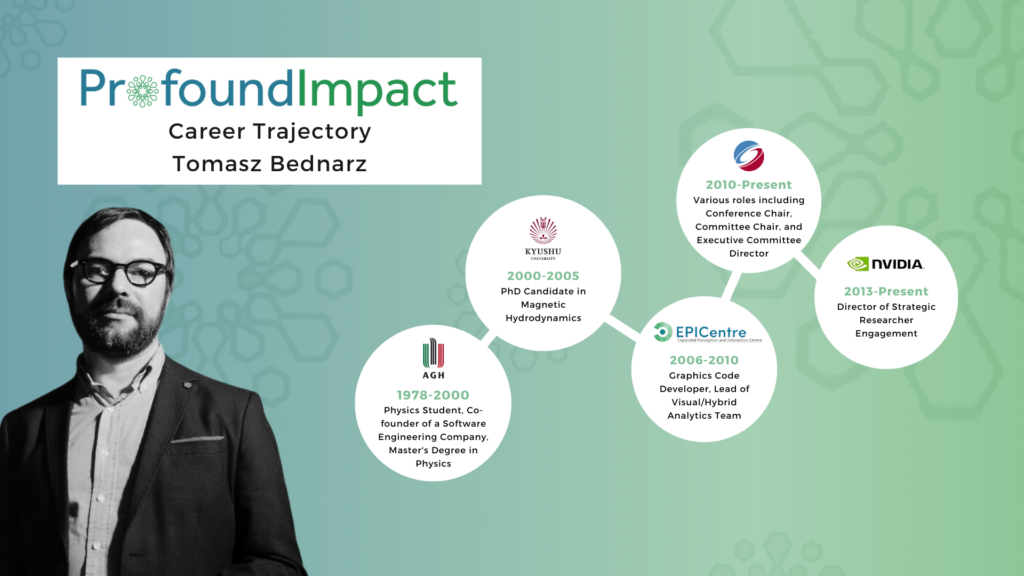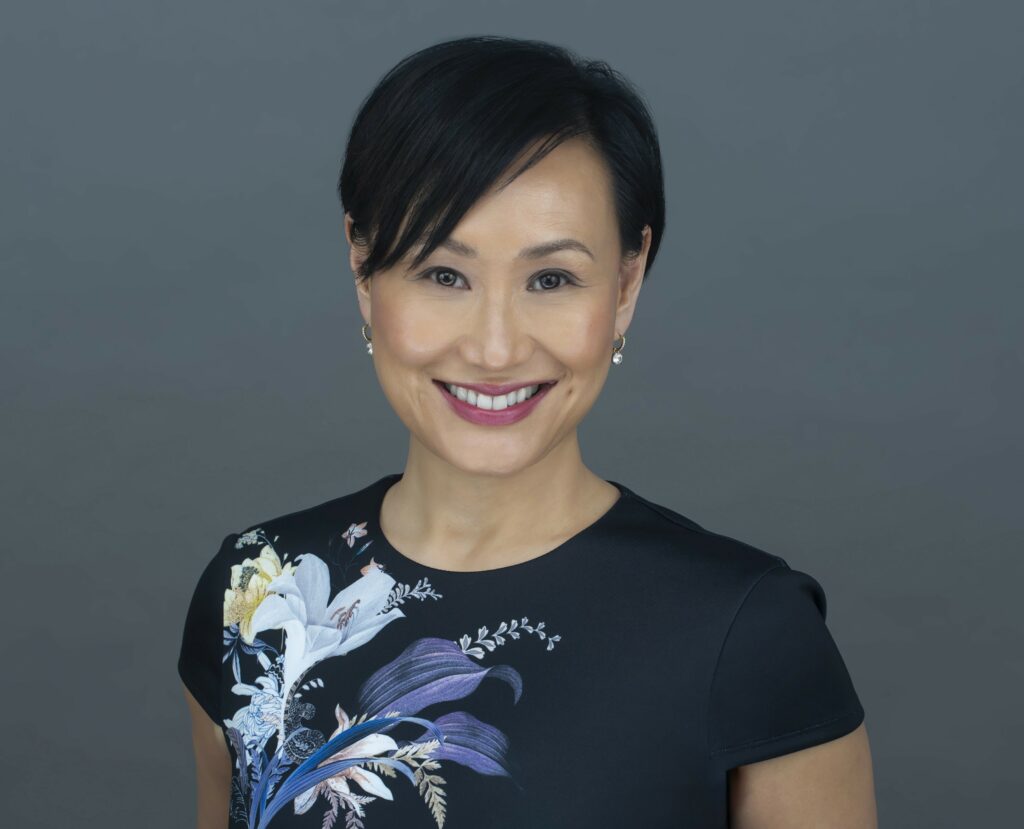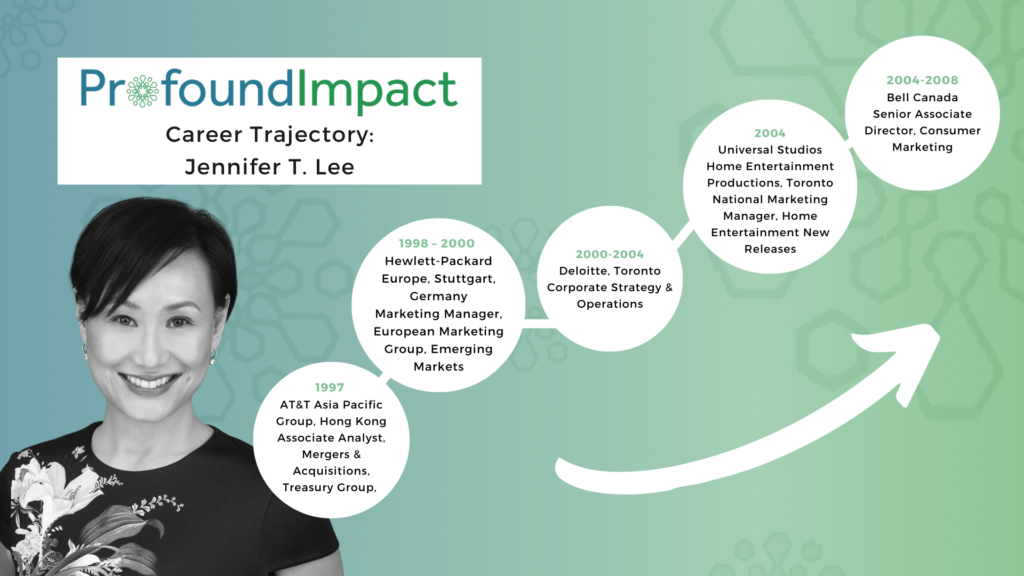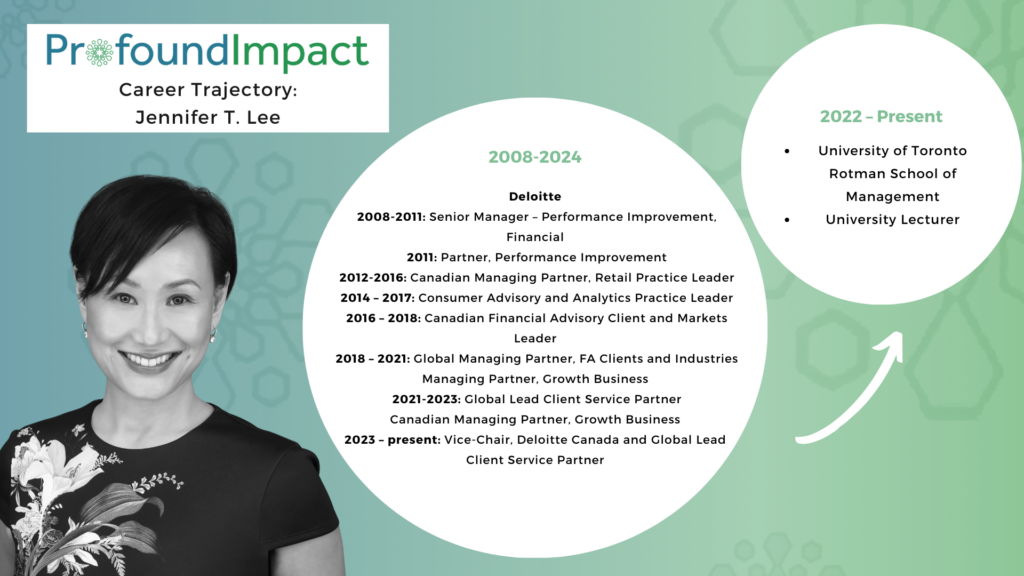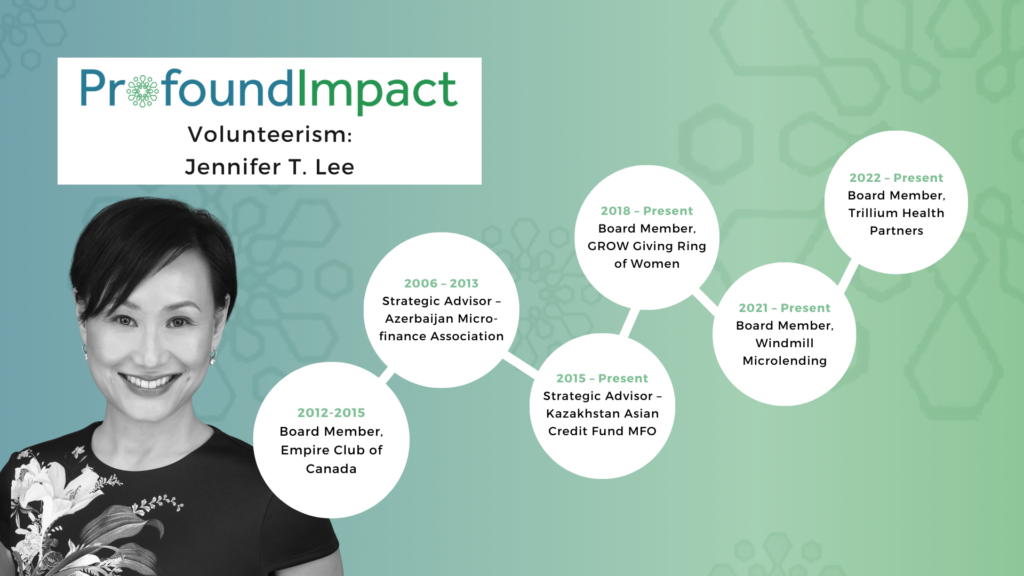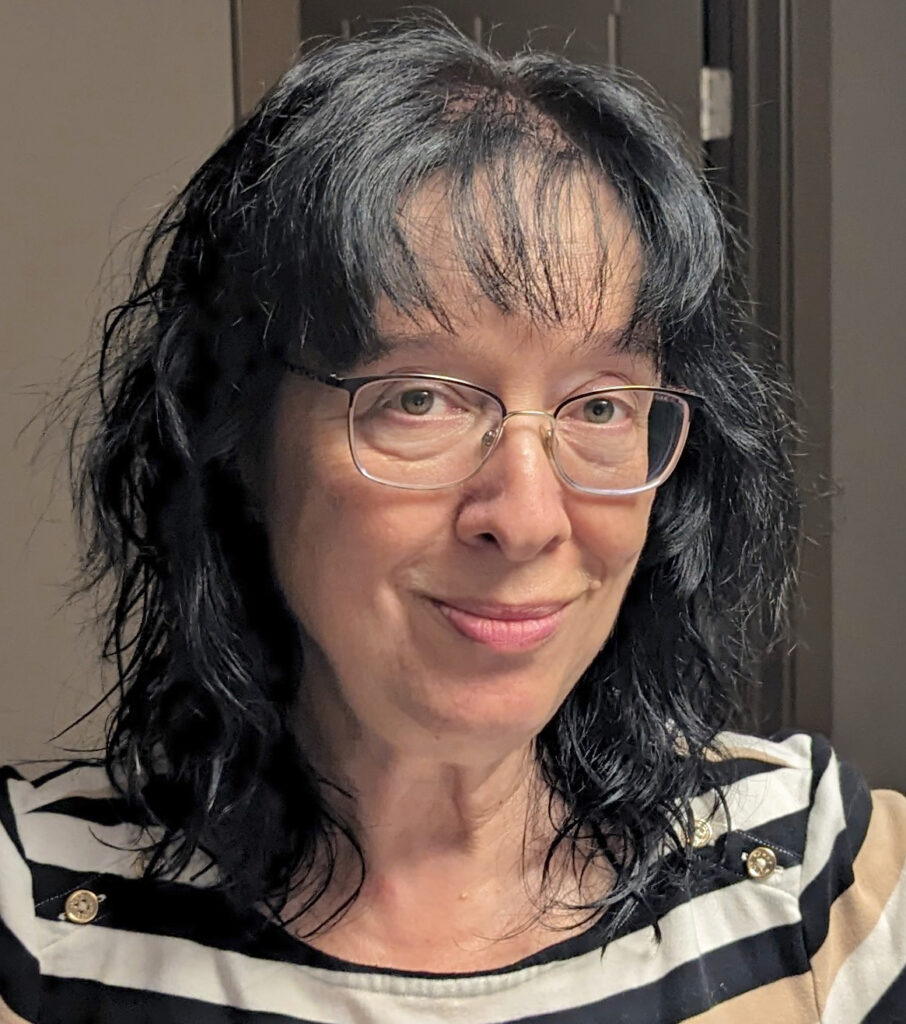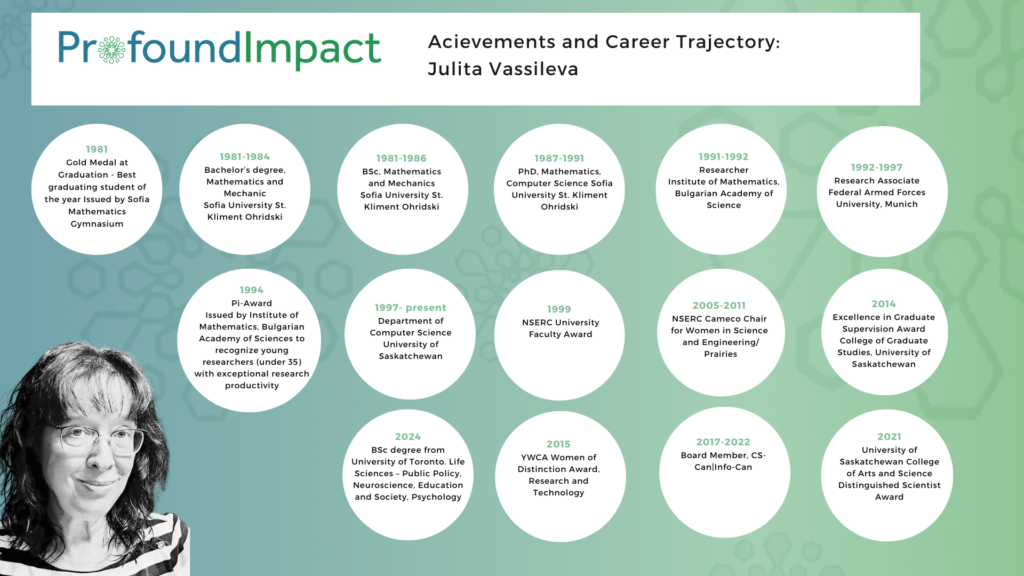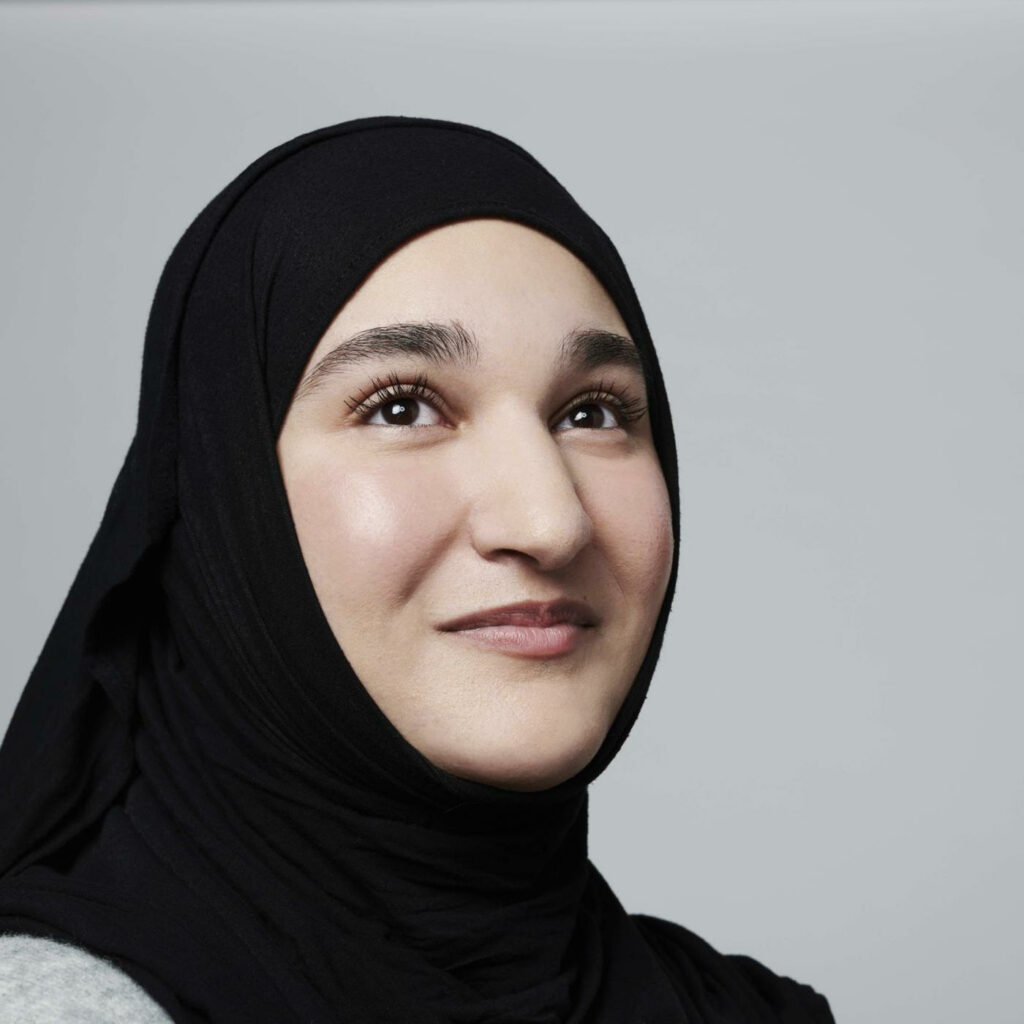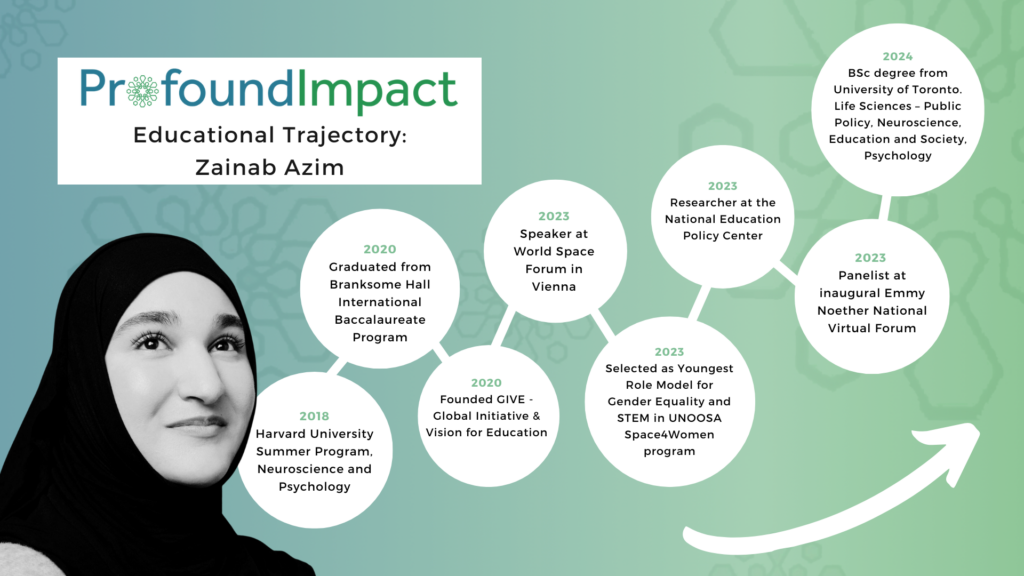Joanne McKinley
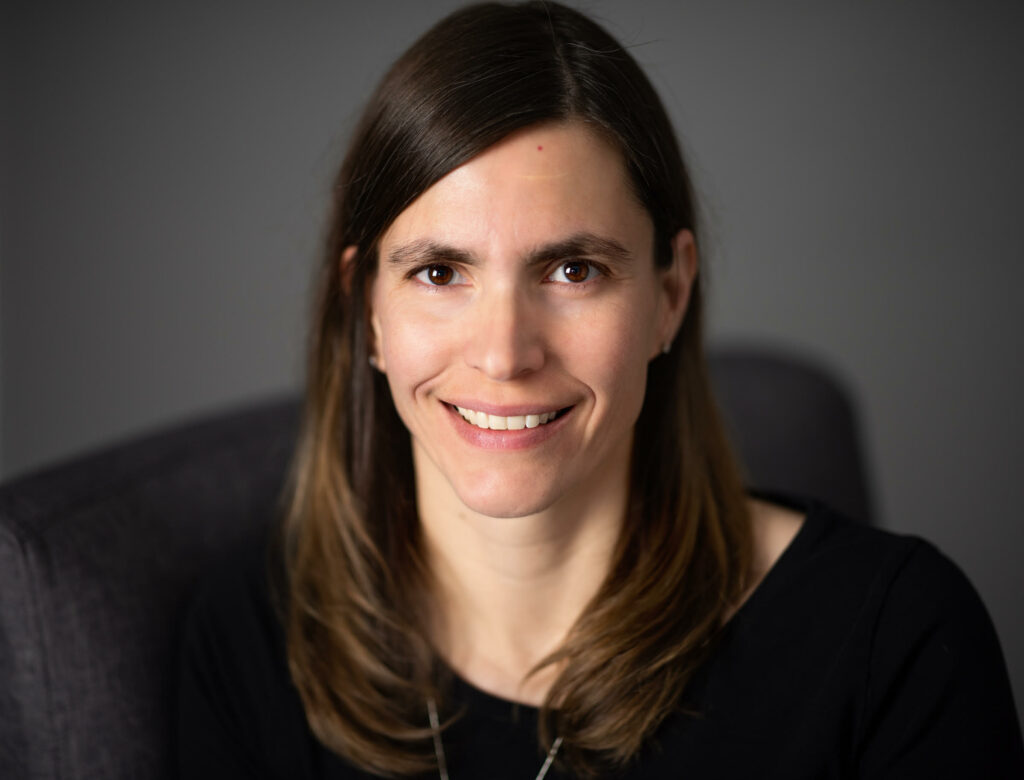
Director of Software Development, Google
Co-Site Lead, Google Waterloo
As a high school student in the rural community of Petrolia, Ontario, Joanne McKinley enjoyed a wide range of subjects. “I was a generalist with many interests”, she says. “At age 13, I wanted to be a meteorologist.”
Inspired by her math teachers, the majority of whom were women and University of Waterloo graduates, and the Computer Science courses offered by her high school, Joanne applied to and was accepted to the BMath program at Waterloo. “The program was attractive because the curriculum was designed with an equal number of computer science, math and elective courses,” says Joanne. Her participation in the Cooperative Education program as an undergraduate student provided excellent software development experience in large and small companies.
Joanne graduated with a BMath degree in 2000. She followed that with graduate studies in the Computer Graphics Laboratory at the University of Waterloo to earn an MMath degree, focusing on computer graphics and user interface research. “User interface has become a theme in my career,” says Joanne. “It’s everyone’s responsibility to provide an excellent user experience when you’re building products.”
Joanne started her career at Reqwireless, a Waterloo-based start-up company that developed mobile phone software. Reqwireless was acquired by Google in July 2005 as part of the company’s strategy to expand their mobile offerings and to establish offices outside of their headquarters in the San Francisco Bay Area. The acquisition was the seed for Google Waterloo, now the largest Google office in Canada.
Joanne co-founded the Google Waterloo office as one of the first developers of the mobile Gmail app and she has since led the delivery of mobile Gmail across multiple generations of mobile platforms, co-authoring over a dozen software patents. Currently, Joanne is Director of Software Development at Google and co-site lead of Google Waterloo where, along with co-lead Jennifer Smith, she helps manage 1,400 full-time staff.
A passionate advocate for championing and developing female leaders in technology, Joanne is a powerful model for work-life balance. When she had the first of her three children, Joanne wanted to spend more time with her family and asked to work part-time. Her proposal was accepted. “It was simply a matter of asking and then also proving that you can do it as well,” she says. She has earned multiple promotions, including becoming Google Canada’s first woman Director of Software Development, all while working 32-hour weeks. When asked how she can fit her work into 32 hours a week, Joanne notes, “I have found that it comes down to very careful prioritization and being aggressive about the basic principles of delegating to others and growing others’ skill sets so that things don’t grind to a halt if I’m not in the office.”
As a mentor to many Google employees, Joanne prioritizes working with women and with other underrepresented minorities as well as those seeking flexible work schedules. “I focus on mentoring women a little further along in their career. Senior women often don’t have role models and need mentoring. They can, in turn, help women at all different levels of their careers,” she adds.
Joanne is passionate about encouraging young girls to consider computer science and similar disciplines as career options and is an active participant in the Waterloo Women’s Impact Network (WINN), which promotes women and underrepresented genders in math. She has served as a volunteer with the Technovation Girls Waterloo competition, a program designed to equip young girls and women with the confidence, skills, and network to pursue a career in tech.
The University of Waterloo Faculty of Mathematics recognized Joanne’s exceptional contributions and leadership in software development, as well as her work as an advocate and role model for women in technology with the J.W. Graham Medal in Computing and Innovation in 2020.
Music was important to Joanne’s family and when her ten-year-old daughter started playing the flute, Joanne decided to start taking lessons from the same teacher. Although she didn’t know anything about woodwind instruments, she is now a member of a flute choir and performs in community concerts. And she sees the connection between music and her work. “Software development is like music – it needs the focus of sitting down at the keyboard to work on the hard part of the code or to practice the song,” she says.
Joanne has worked as part of the Google Workspace team for most of her tenure at Google and notes that it is a very welcoming place for women – the Vice President and General Manager is a woman as are an unusually large proportion of directors. “Our VP/GM has established a culture that cares deeply about the products and user experience and each other. I have a support network of women in offices around the world – sisters with similar work experiences that have been a very important part of my development as a director,” says Joanne.
An established industry leader, passionate advocate and mentor, and recognized innovator, Joanne McKinley is truly a role model for women in technology and an inspiration for young women considering careers in computer science.
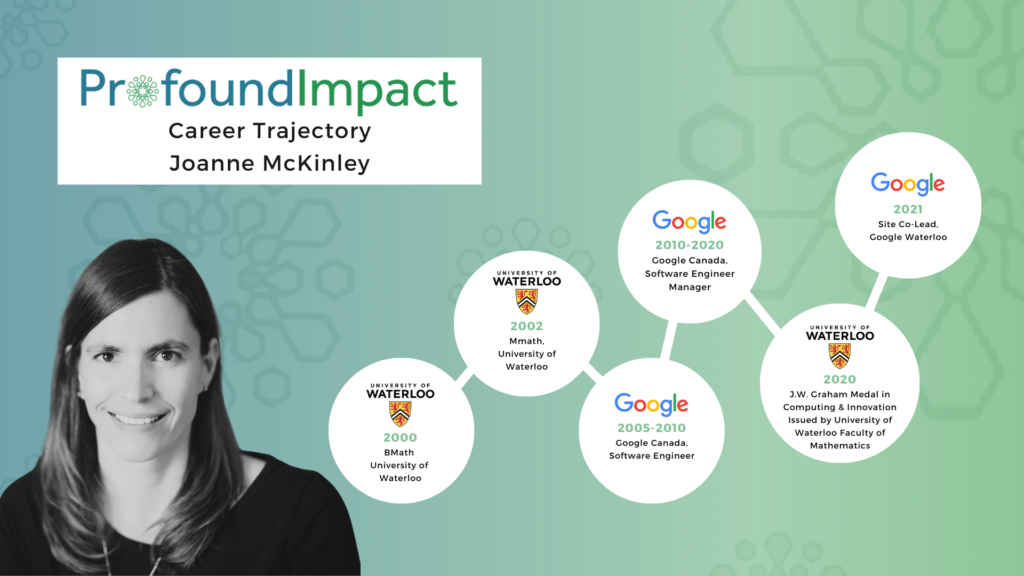
Do you have an impact story to share? Let us know at connections@profoundimpact.com for a chance to be featured in an upcoming newsletter!
